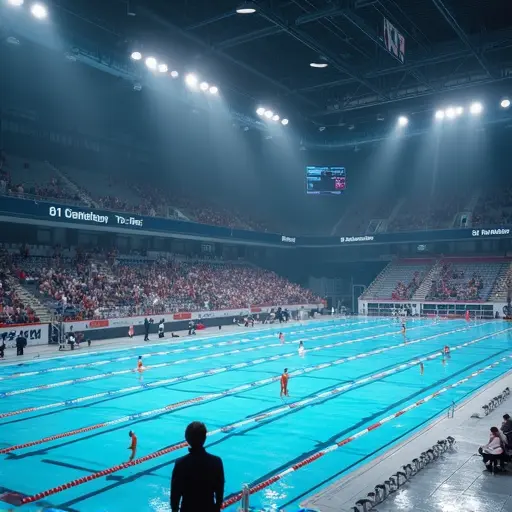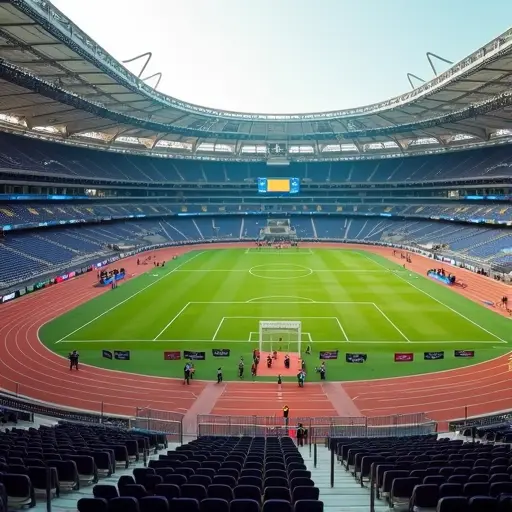
Sporting Giants Embrace Sustainability
Major global sporting events are making unprecedented commitments to become carbon neutral. Organizers of events like the Olympics and FIFA World Cup are implementing comprehensive sustainability plans that include emission reductions and carbon offsetting initiatives. This shift comes as climate concerns increasingly influence how mega-events are planned and executed.
Historical Evolution of Green Sports
The International Olympic Committee (IOC) pioneered environmental responsibility in sports when it added sustainability to the Olympic Charter in 1996. Significant milestones include:
- 1994 Lillehammer Winter Olympics: First to incorporate environmental protection
- 2006 Turin Winter Games: Achieved carbon neutrality through offsetting
- 2012 London Olympics: First full carbon footprint measurement
- 2020 Tokyo Olympics: Carbon neutral certification
Current Event Strategies
The 2022 Beijing Winter Olympics demonstrated how to achieve carbon neutrality through renewable energy, green venues like the "Ice Ribbon" with CO₂ refrigeration, and hydrogen-powered transportation. Their approach reduced emissions to just 1.18 million tons - significantly lower than previous games.
Paris 2024 has set an ambitious carbon budget of 1.58 million tons with plans to exceed neutrality:
- 95% existing or temporary low-carbon venues
- 100% clean public transport for spectators
- Renewable energy powering all operations
Emission Reduction Tactics
Three key areas are being targeted:
- Transportation: Accounts for 55-83% of event emissions. Solutions include electric shuttles and incentivizing train travel for athletes
- Venue Construction: Using sustainable materials and adaptive designs like Beijing's Water Cube/Ice Cube transformation
- Operations: Implementing AI energy management systems like Beijing's "Super Brain" that reduced consumption by 30%
Future Challenges
Despite progress, significant hurdles remain. A recent lawsuit against Evian (owned by Olympic sponsor Danone) highlights greenwashing concerns after the company claimed carbon neutrality. US District Judge Nelson Román allowed the case to proceed, noting "carbon neutral" remains an ambiguous term that may mislead consumers.
Looking ahead, the 2028 Los Angeles Olympics aims to reduce emissions by 25% through its "Zero Emissions Roadmap," while all future Olympic hosts must now submit Carbon Management Plans per IOC requirements.

 Nederlands
Nederlands
 English
English
 French
French
 Deutsch
Deutsch
 Espaniol
Espaniol
 Portugese
Portugese








